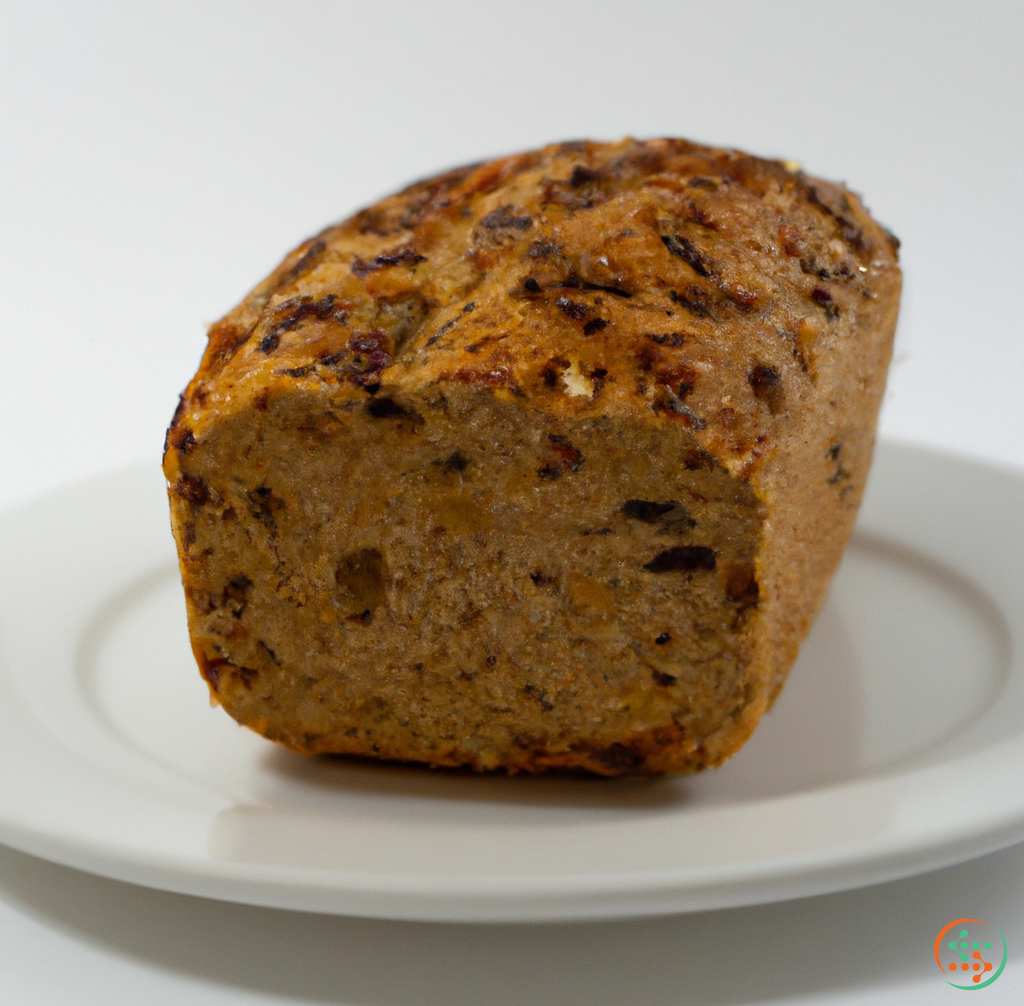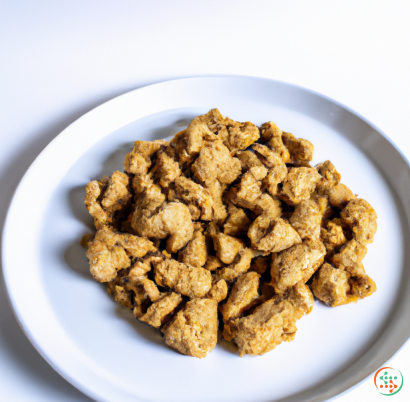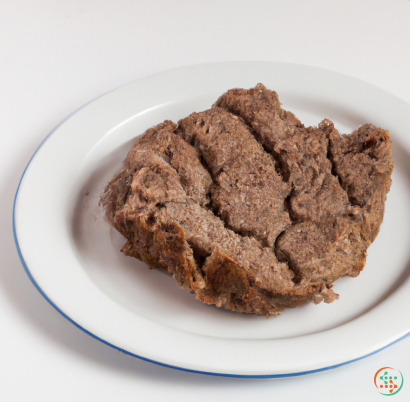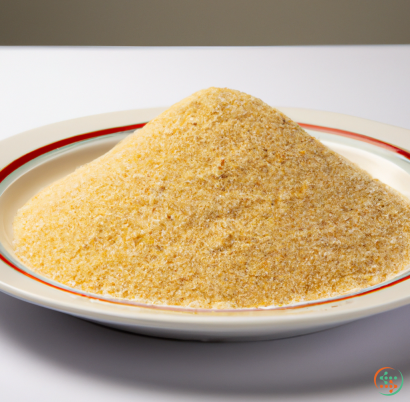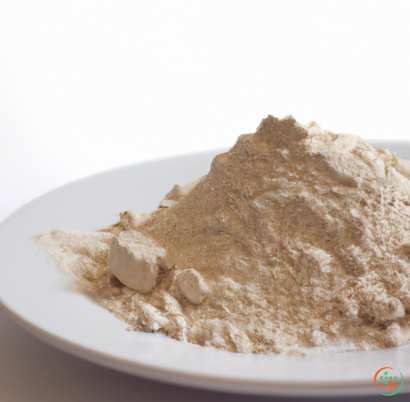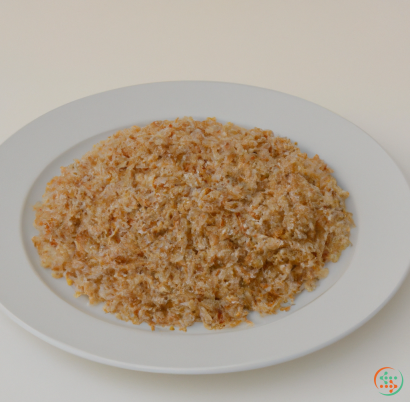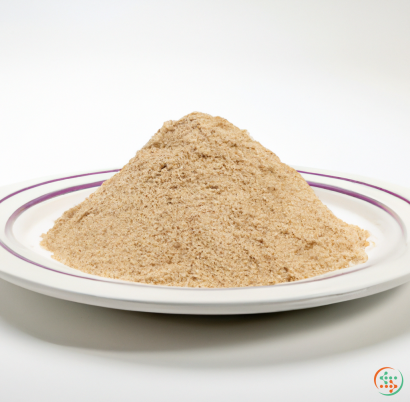Multigrain Bread
,
What is Multigrain Bread and Why is it Good For You?
Multigrain bread is a nutritious and uniquely flavorful type of bread that is becoming increasingly popular amongst health-conscious individuals. As its name suggests, multigrain bread is made from multiple types of grains, including oats, barley, rye, millet, and other whole grains. Unlike the more heavily processed white breads, multigrain breads contain the seed bran intact, which preserves the grain’s naturally occurring dietary fiber and other essential nutrients.
Aside from the fact that multigrain breads are nutritionally superior to white breads, what makes them particularly attractive is their flavor. Most multigrain breads boast a robust, almost earthy taste due to the combination of different grains. This can be an acquired taste for some people, but once accustomed to the flavor, most find it far more enjoyable than the blander taste of white bread or other processed options.
For those looking to get the most out of their daily nutrition, multigrain breads are a great choice. Each type of grain used has its own list of vitamins and minerals which, when combined, offer a wide range of health benefits. By relying on a single grain as the main ingredient, white breads can provide relatively few vitamins and minerals, whereas multigrain breads offer far more.
Multigrain breads are a good source of complex carbohydrates, which are the preferred energy source of the body. When digested, carbohydrates are broken down into sugar molecules, which the body can then convert into energy. This energy can be used to fuel physical activity and daily activities. Complex carbohydrates are termed “complex” because it takes longer for the body to break them down and therefore, the energy provided is a slower but more sustainable release.
In addition to being an excellent source of complex carbohydrates, multigrain bread also contains dietary fiber, providing a number of health benefits. Dietary fiber can help support digestive health, improve satiety, and control blood sugar levels. Additionally, it can also increase mineral absorption, harnessing the nutrients from other foods and helping the body to get the most out of the food we eat.
In order to reap all of the benefits of multigrain bread, it is important to look for varieties that contain whole grains. Many commercially-available products are made with refined flours, which lack the beneficial supplies of vitamins, minerals, and fiber found in whole grains. Additionally, it’s best to stay away from varieties that have added sweeteners, as they can often counteract many of the beneficial effects of multigrain bread.
Overall, multigrain breads are an ideal choice for anyone looking to get the most out of their daily nutrition. They offer a unique, more satisfying flavor when compared to white bread and provide a wealth of health benefits due to the variety of grains and other healthy ingredients used in their production.
The Journey of Multigrain Bread from the Bakery to the Dinner Table
The journey of multigrain bread from the bakery to the dinner table is a fascinating and multi-faceted one. From the complexity of its ingredients to its unique baking process, multigrain bread is an important and tasty addition to any meal. In this blog post, we will explore how multigrain bread moves from the bakery to a dinner plate.
What is Multigrain Bread?
Multigrain bread, also known as whole grain bread, is made from a combination of flours from different grains, including wheat, oats, barley, millet and rye. The grain flours can vary depending on the type of bread being made, but the most common mix is usually wheat, oats and rye. The presence of a variety of grains makes multigrain bread higher in fiber, minerals and vitamins, and makes it a healthier alternative to white or processed flours. The combination of flavors and textures that comes from the variety of grains adds something special to multigrain bread.
The Ingredient Process
When it comes to creating multigrain bread, the focus is on starting with quality ingredients. Quality ingredients are essential in ensuring the best tasting and most nutritious bread. When making multigrain bread, different types of flour are typically used. The first step in making multigrain bread is to select the type of flour that will be used.
The most common types of flour used in multigrain bread are whole wheat, oats, barley and rye flours. Each type of flour has its own flavor and texture, and combining the flours gives multigrain bread its uniqueness. Other ingredients, such as honey and dried fruits and nuts, can be added to the mixture to enhance the flavor and texture. After selecting and measuring the different types of flour, the baker then mixes them together.
The Mixing Process
The next step in making multigrain bread is to mix the ingredients together. This process is done by hand or by machine. When done by hand, the baker must work carefully and not overmix the dough as this will result in an overly dense, tough bread. When done by machine, the dough can be mixed more quickly. After the ingredients are mixed together, the dough is left to rest for several hours to allow the flavors to marry and develop.
The Shaping Process
After the dough has had a chance to rest, it is then kneaded and shaped into loaves. If a soft texture is desired, the dough is quickly kneaded. If a crunchier texture is desired, the dough can be kneaded for longer. Once shaped, the loaves are placed into prepared pans and allowed to rise in a warm, moist environment.
The Baking Process
When the loaves have risen, they can then be transferred to an oven and baked. During the baking process, the flavor and texture of the bread develops. During the baking process, the water evaporates and the starches are gelatinized. This produces the unique texture and flavor of multigrain bread.
The Cooling Process
When the baking process is finished, the loaves are removed from the oven and allowed to cool completely. This allows the starches to firm up and the structure of the bread to fully develop.
The Packaging Process
After the bread has cooled, it is then ready to be packaged and shipped. Multigrain bread is usually packaged in airtight containers or bags in order to retain its freshness. The packaging and labeling of the bread are designed to ensure that it can reach its destination safely and securely.
Traveling to the Dinner Table
Once the bread is packaged and ready to go, it is shipped to its destination. How long it takes for the bread to get from the bakery to the dinner table depends on how far away the recipient is. Once the bread arrives at its destination, it is now ready to be enjoyed.
The Enjoyment Process
At this point, the bread is ready to be enjoyed. Whether it is eaten as it is, toast, or used to make a sandwich or other dish, multigrain bread is a flavorful and healthy option. With the combination of flavors and textures from its various grain flours, multigrain bread can be a great addition to any meal.
Conclusion
Multigrain bread can be a delicious and nutritious addition to any meal. From the selection of quality ingredients to the baking process, multigrain bread has a unique process that ensures a flavorful and unique result. By understanding the journey of multigrain bread from the bakery to the dinner plate, you can better appreciate just how complex and delicious the final product is.
| Beta-Carotene | 0.001 mg | |
| Vitamin E | 0.37 mg | |
| Vitamin K | 0.0014 mg | |
| Vitamin C | 0.1 mg | |
| Vitamin B1 | 0.28 mg | |
| Vitamin B2 | 0.13 mg | |
| Vitamin B3 | 0.00404 grams | |
| Vitamin B4 | 0.022 grams | |
| Vitamin B5 | 0.34 mg | |
| Vitamin B6 | 0.26 mg | |
| Vitamin B9 | 0.075 mg |
| Calcium | 0.103 grams |
Daily Value 1.3 g
|
| Iron | 0.0025 grams |
Daily Value 0.018 g
|
| Magnesium | 0.078 grams |
Daily Value 0.4 g
|
| Phosphorus | 0.228 grams |
Daily Value 1.25 g
|
| Potassium | 0.23 grams |
Daily Value 4.7 g
|
| Sodium | 0.381 grams |
Daily Value 2.3 g
|
| Zinc | 0.0017 grams |
Daily Value 0.011 g
|
| Copper | 0.28 mg |
Daily Value 0.9 mg
|
| Manganese | 0.00203 grams |
Daily Value 0.0023 g
|
| Selenium | 0.0329 mg |
Daily Value 0.055 mg
|
| Tryptophan | 0.124 grams | |
| Threonine | 0.271 grams | |
| Isoleucine | 0.323 grams | |
| Leucine | 0.556 grams | |
| Lysine | 0.289 grams | |
| Methionine | 0.138 grams | |
| Cystine | 0.176 grams | |
| Phenylalanine | 0.387 grams | |
| Tyrosine | 0.236 grams | |
| Valine | 0.397 grams | |
| Arginine | 0.485 grams | |
| Histidine | 0.198 grams | |
| Alanine | 0.341 grams | |
| Aspartic Acid | 0.554 grams | |
| Glutamic Acid | 2.195 grams | |
| Glycine | 0.374 grams | |
| Proline | 0.706 grams | |
| Serine | 0.381 grams |
| Glucose | 1.69 grams |
|
| Fructose | 2.45 grams |
|
| Lactose | 0.57 grams |
|
| Maltose | 1.67 grams |
|
| Total Sugars | 6.4 grams |
per 100g
|
| Palmitic acid (16:0) | 0.51 grams |
|
| Stearic acid (18:0) | 0.36 grams |
|
| Behenic acid (22:0) | 0.01 grams |
|
| Total Saturated fatty acids: | 0.88 g | |
| Oleic acid (18:1) | 0.73 grams |
|
| Palmitoleic acid (16:1) | 0.02 grams |
|
| Gadoleic acid (20:1) | 0.01 grams |
|
| Total Monounsaturated fatty acids: | 0.76 g | |
| Linolenic acid (18:3) | 0.21 grams |
|
| Linoleic acid (18:2) | 1.67 grams |
|
| Total Polyunsaturated fatty acids: | 1.88 g | |
